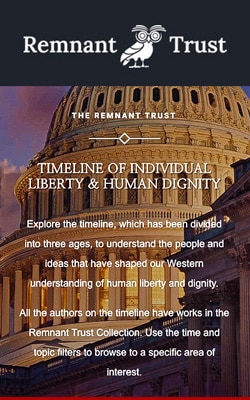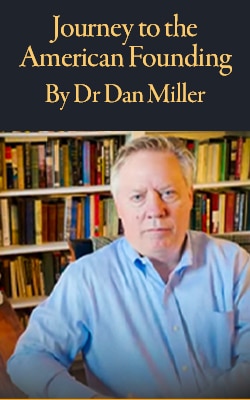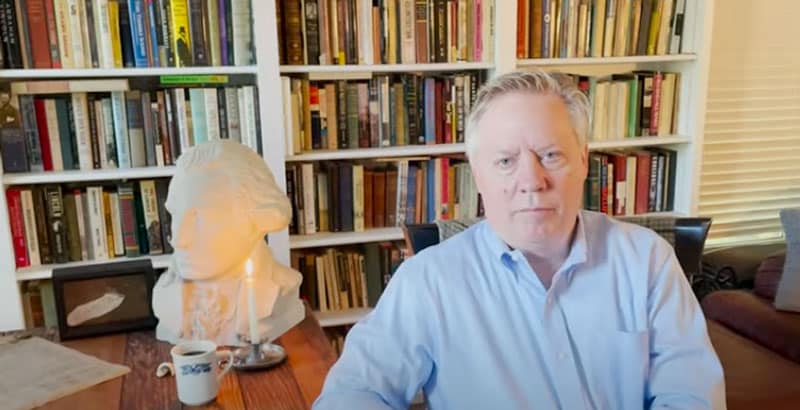Journey to the American Founding
June 15 1773
The stories we’re seeing from the last half of 1772 and early 1773 are a mixture of change and continuity. Surrounding the mixture is an intensification of actions and decisions. The new and old twist together in revolving cycles. The pace is not what it once was—it has picked up speed.
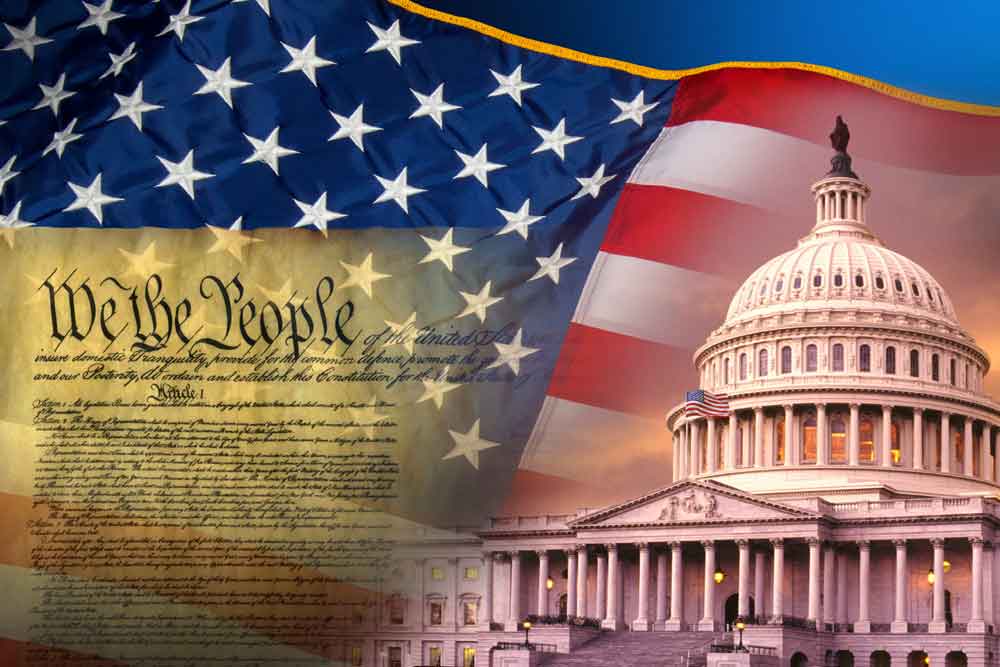
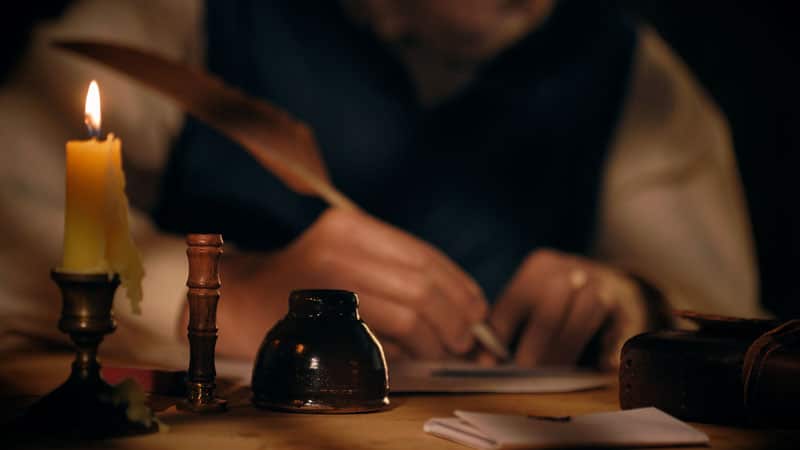
Excerpts from: Americanism Redux: June 15, on the journey to the American Founding, 250 years ago today, in 1773
Three ties that bind, British to colonial British, colonial British to British.
But what is in the ties, and will binding become a bond or a bounding?
Hand me that pen. Yes, paper, too. I’ll get the ink. Now stand back and leave me alone. I’ve never been more furious in my life. . . .
It’s Samuel Henley, a Christian minister in Williamsburg, capitol of the colony of Virginia. He’s English by birth and a not-long-ago transplant to Virginia by necessity, an immigrant as he might be called. . . . He had expected to be named Rector at the Bruton Parish church in Williamsburg but, shockingly, the position went to someone else, to another moved-in Englishman, no bloody less. Today, 250 years ago, scratching out an essay with such fury that the pen might slice the parchment, Henley launches an opinion war in the town’s newspaper. He’s castigating the new rector and the people who support him. . . .
Breathe, just breathe. Black teenaged poet Phillis Wheatley tells herself to stay calm in an excited state. She’s in London where only a few days ago her first book was published, entitled “Poems on Various Subjects Religious and Moral.” . . . one black, enslaved, born in West Africa and borne from there to a Boston household who wrote every word and developed every thought between the book’s covers. Today, 250 years ago, Phillis knows every day ahead will always have her first book in it.
Another partnership joins people together on this day and it also has a British-colonial British connection. Merchant Joshua Johnson monitors the comings-and-goings of credit, debt, goods, currency notes, and reputations as they flow east and west between London, England and a handful of partners in the British colony of Maryland. . . . —he warns the Marylanders of letting too much time pass in doing what they have pledged to do, promised to do, contracted to do. Johnson notes that these days the focus has intensified on people immediately satisfying expectations. It’s a difficult fact of life, says Johnson, who adds: get used to it because it’s not changing.
These are three expressions of British-colonial British, today, 250 years ago.
Also
Lord God Almighty, they’re finally out. . . .
The secret letters that have increasingly dominated conversations throughout Boston and the towns, villages, hamlets, and scattered homeplaces in its environs—these letters are now public and the reaction grows more intense by the hour.
Though dozens of politically active people knew their contents by now, the letters were released to a newspaper by John Adams, today, 250 years ago. . . .
The private letters were written, four to five years ago, by Massachusetts Governor Thomas Hutchinson, Lieutenant Governor Andrew Oliver, and a couple of their colleagues. . . . They favor British imperial power, authority, and rights while criticizing the behavior of those who protest in favor of colonial rights. . . .
As for their adversaries, Hutchinson, Oliver, and the rest advocate for their defeat and warn of an awful future should the pro-colonial side win. For the letter-writers, action must be taken. For the letter-readers, action must be taken. Both sides agree—tomorrow is too late, 250 years ago today.
For You Now
The fire has started.
At the base of a pillar holding up a connection within the British empire, a fire is now burning. The flames look like letters on parchment, written yet shimmering, a scorching orange and red, smoke peeling upward from the top and the tips. . . .
In a key way, the events and actions and people you know as the American Revolution commences on this day, 250 years ago. A call for the impeachment and removal of Hutchinson and Oliver roars forth. The River turns.
We won’t soon see soldiers, weapons, military units, or battles. We’re yet to hear the speeches and the statements of an aspiring new nation. We’ll later encounter a few familiar moments involving tea and a party, a night-time ride and dawn-time clash, the meeting of a few men. . . .
The fundamental turn, though, is here, as a new direction takes hold. The personal faces of the distant ruler—for that is what Hutchison and Oliver are in the context of George III—are now, one, the immediate targets of elimination; and, two, opening up the possibility of who or what replaces them; and, three, in the name and nature of something unique and organic to the people electrified by things called rights.
Today the River turned.
Suggestion
Consider whether, in your view, the largest and most important issues of our time have distilled down to a face, a moment, or a tangible representation like these secret letters.
TITLE: Americanism Redux: June 15, on the journey to the American Founding, 250 years ago today, in 1773
By Dr. Dan Miller
To know us better then is to know us more fully now. Welcome to Americanism Redux and my one-a-week stories of 250 years ago. For the all the stories thus far, Visit Historical Solutions, Dr Dan Miller’s website>
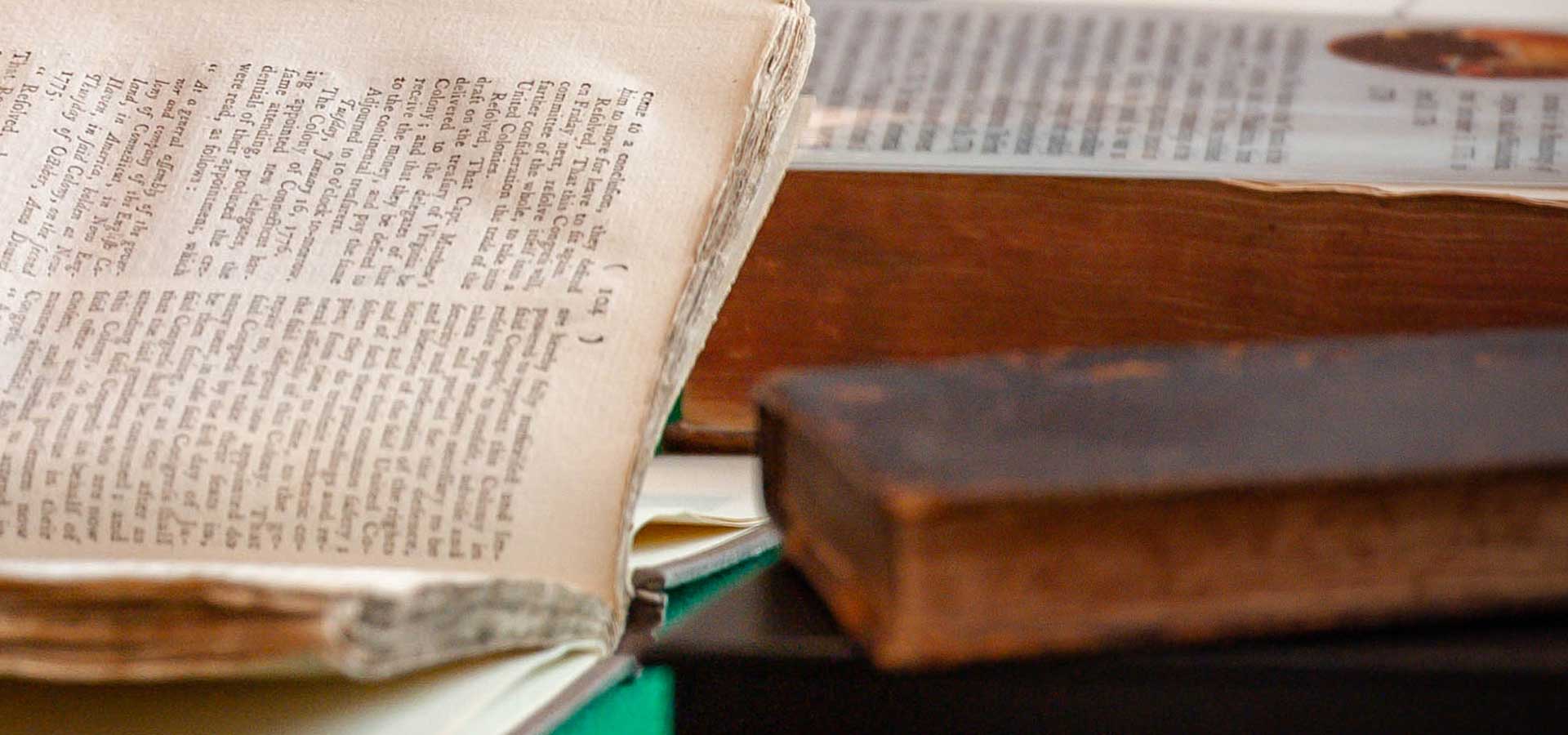
Reference: The Remnant Trust Collection
The Judgment of Whole Kingdoms and Nations – by John Somers.- Reference #0977
“The first American edition of this important 18th century work shows that 1773 is a turning point in the American Revolution.”
View The Remnant Trust “Wisdom of the Ages Athenaeum PDF for reference>
Journey to the American Founding
Welcome to Americanism Redux, a series by historian author, Dr. Dan Miller. He explores what Americanism meant 250 years ago and its significance for America today.
What Can I Do?
We invite you to share our passion for Individual Liberty and Human Dignity to a new generation including educators, students, business leaders and Americans from all walks of life.
